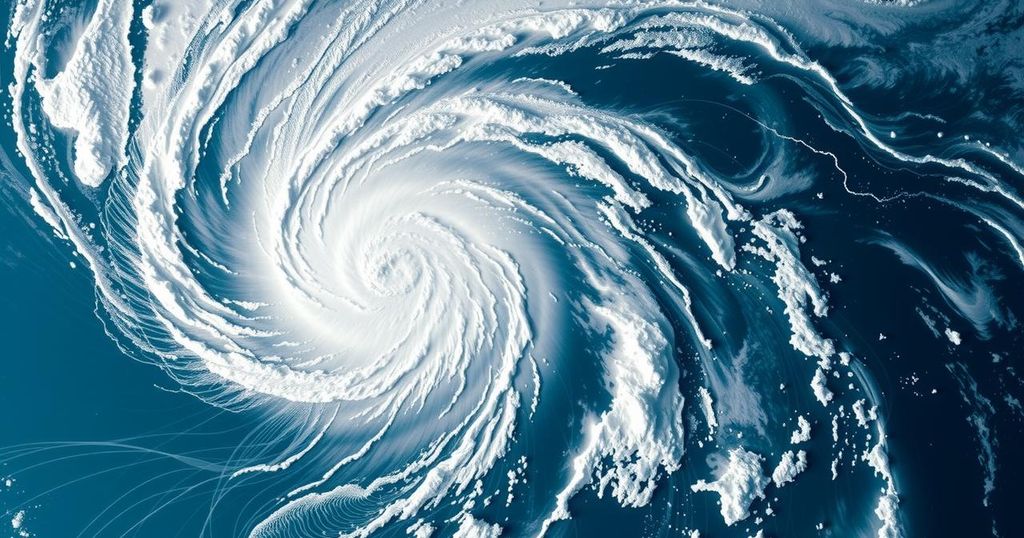Climate change played a pivotal role in the intensification of Cyclone Chido, which has been linked to a 40 percent increase in likelihood for cyclones of similar strength in 2024 compared to pre-industrial times. This cyclone was particularly devastating for Mayotte, raising concerns about its death toll and overall destruction, while stressing the urgency of addressing climate change to mitigate future disasters.
A preliminary study conducted by scientists at Imperial College London has indicated that climate change significantly intensified Cyclone Chido as it approached the Indian Ocean archipelago of Mayotte. The study estimates that cyclones of Chido’s magnitude are now 40 percent more likely to occur in 2024 than they were during pre-industrial times. When Chido made landfall on Saturday, it became the most destructive cyclone to strike Mayotte in 90 years, leaving behind a trail of devastation, particularly amongst the one-third of the population residing in substandard housing.
Chido, classified as a category four storm on a five-point scale, caused widespread destruction across the small island chain. The full extent of the disaster remains unclear, but authorities are concerned that the death toll may eventually reach into the thousands. Scientists focused on investigating how global warming might have elevated the wind speeds and severity of cyclones similar to Chido. Utilizing a sophisticated computer model that simulates millions of tropical cyclones, the researchers inferred the impact of recent warming trends on these weather events.
The findings suggest that wind speeds near the landfall zone of Chido increased by 3 miles per second compared to the pre-industrial climate. The study asserts, “Climate change uplifted the intensity of a tropical cyclone like ‘Chido’ from a Category 3 to Category 4.” Despite lacking definitive studies attributing Chido’s strength directly to climate change, France’s weather service acknowledges that the rise in ocean temperatures due to human-induced climate change has contributed to the growing severity of storms.
Mayotte experienced the full brunt of Cyclone Chido, with Meteo-France indicating that the cyclone’s impact was mainly due to its trajectory over the island. The atmosphere has warmed approximately 1.3 degrees Celsius relative to pre-industrial conditions, and researchers note that this excess warmth promotes more frequent and severe weather events. Warmer air retains more water vapor, and elevated ocean temperatures increase evaporation rates, both of which fuel the intensity of tropical storms.
The intersection of climate science and extreme weather phenomena has gained significant attention in recent years. As global temperatures rise due to anthropogenic activities, the implications for natural disasters such as tropical cyclones have become increasingly evident. Studies indicate that as ocean waters heat up, the frequency and intensity of tropical storms, including cyclones, are expected to rise. Understanding the relationship between climate change and storm severity is critical in mitigating future disaster impacts.
In summary, the research from Imperial College London provides compelling evidence linking climate change to the increased intensity of Cyclone Chido. By projecting future cyclone risks and analyzing past climate data, scientists emphasize the urgent need to address global warming to prevent substantial future losses from tropical storms. The ongoing impact of human activities on weather patterns presents a significant challenge that necessitates immediate and sustained attention from the global community.
Original Source: www.barrons.com






